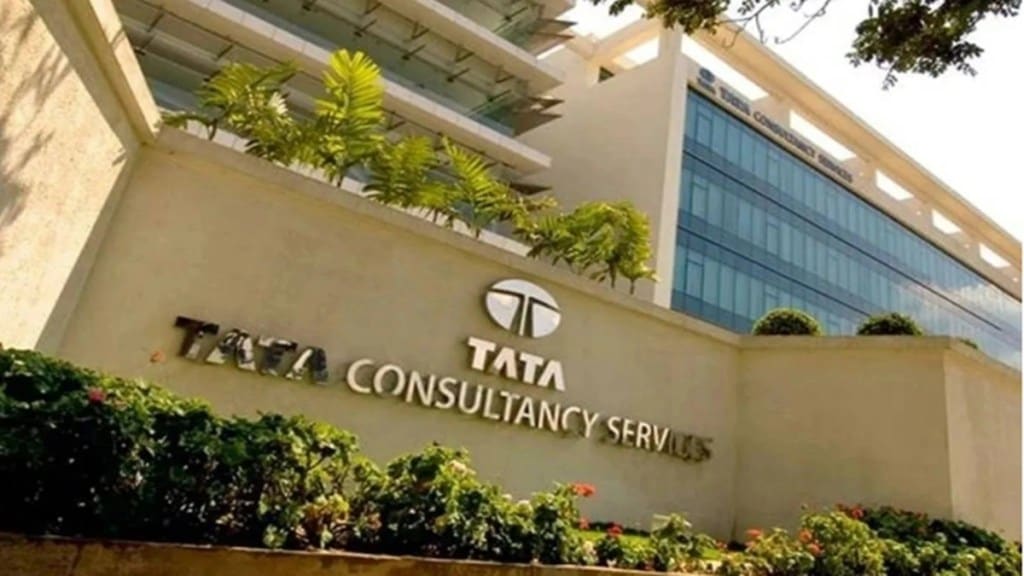Tata Consultancy Services (TCS) has held on to its number one spot in marketing data and analytics firm Kantar’s BrandZ Top 75 Most Valuable Indian brands report for the second consecutive year. Despite a challenging year for the business technology category, TCS with a brand value of $43 billion had been able to capitalise on global demand for digital transformation. HDFC Bank is at number two on the list for the second year in a row, after leading the ranking from 2014 to 2020. Infosys and Airtel are at three and four respectively while State Bank of India (SBI) has stepped up by one rank to make it to the top five this year. Kantar’s annual global and local brand valuation rankings combine financial data with extensive brand equity research.
The top 75 brands in the country have a combined brand value of $379 billion, a 4% decline from last year, which the report notes is a modest decrease in view of the ongoing economic volatility across most of the world. The decline has been driven by brands in the business technology and services platforms category, which have been impacted by global pressures, recession threats and geopolitical instability. In 2022, the top 75 grew by 35% over 2020.
Speaking about the performance by TCS in a challenging year, Deepender Rana, executive managing director- South Asia, insights division, Kantar said, “Our IT services brands have gone on to become true multinational giants, considering TCS and Infosys are already featuring in the Top 100 Most Valuable Global Brand list as well. TCS has been strong in the business technology and services sector that last year declined by 14%, showing just a 6% drop in brand value from last year. The brand has done really well in terms of corporate reputation. Aside from the halo effect of the Tata Group, it has performed well on employee reputation, making the brand attractive to employees too.”
The other brands among the top 10 this year are ICICI Bank (6), Asian Paints (7), Jio (8), Kotak Mahindra Bank (9) and HCL Tech (10). A total of 16 financial services brands are on the ranking and they contribute the biggest chunk of its total revenue. These brands grew 6% on the back of the digital banking boom, led by Axis Bank (at number 17 on the list, with a 28% growth in brand value) and ICICI Bank, whose value grew by 18%.
Rana added that the resilience of domestic consumption has helped the top 75 brands’ value to stay relatively resilient in a tough global economic environment. “Credit also goes to the marketers, who have increased their marketing spends and continued to invest in brand building,” noted Rana.
The auto category saw two of the fastest risers – Mahindra with a $2.01 billion brand value reached 47 recording a 48% growth in brand value, while TVS recorded a 59% growth in value to reach the 51st spot. The country’s automotive brands have quickly responded to changing consumer needs, notably the shift in preference from hatchbacks to SUVs, and the demand for electric vehicles.
The F&B segment saw a good year with just 2% decline, and with brands like Sunfeast and Britannia recording a 40% and 24% jump in brand value. This jump can be attributed to new product launches and increasing advertising especially on digital.
Last year, start-ups constituted 11% of the top 75 Indian brands, but this year, they are just 8% of the total 75. Soumya Mohanty, managing director & chief client officer- South Asia, insights division, Kantar explained that one of the mistakes younger brands are making is focusing only on current demand instead of the creation of future demand. “Many new brands are focussed only on customer acquisition and are under-investing in brand building. They are not investing enough to create consumer stickiness to their value proposition. If you’re spending money on empty salience without differentiation and meaning, your brand value will naturally fall,” observed Mohanty, noting that start-ups have seen a 15% decline in brand value.
There are four newcomers to the 2023 Indian brand ranking. PhonePe has the highest ranking among these at 21, having quickly risen to become a leading digital payment app, developing a large network of merchant acceptance points in the last year. At the same time, Paytm has seen a decline of 24% on account of fragmentation in the market. The brand is no longer synonymous with the digital payments category.
The other new names on the list are Cred (rank 48, $2 billion), ShareChat (at 67, $1.33 billion) and entertainment platform Star (at 71, $1.30 billion).
The report also notes that almost 9% of a brand’s demand power or equity comes from consumer perceptions on sustainability. However, only 8% of brands in India are seen as leaders in this area, compared to 11% globally. Mohanty observed that over time, companies will have to build stronger sustainability credentials to be considered by the consumer. Brands can no longer afford to view it as a box that needs ticking.
